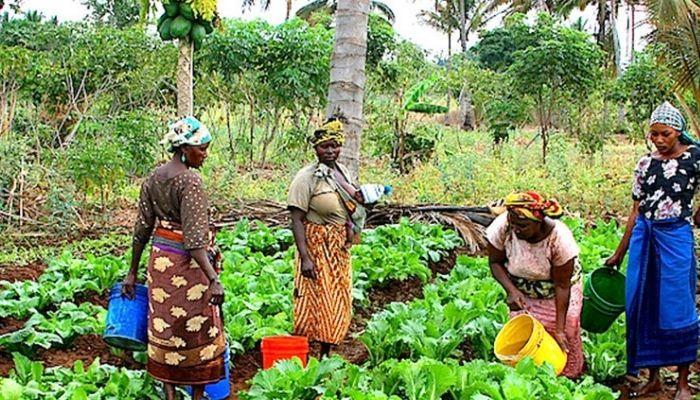Introduction
In a society marked by a deep-rooted agricultural heritage, Nigerian women farmers have emerged as resilient contributors to the nation’s food production. In a series of interviews, three remarkable women – Mrs. Falana, Mrs. Oriade, and Miss Folashade—shared their poignant experiences and challenges within the agricultural sector. Their stories shed light on the persistent gender disparities, societal obstacles, and unwavering determination of women in farming across Nigeria.
Gender inequality in funding
One of the foremost challenges facing women in Nigerian agriculture is the glaring gender disparity in funding opportunities. Mrs. Falana, a seasoned farmer, articulated her frustration at being regarded as a “weaker vessel” and being afforded fewer opportunities to access agricultural grants and loans compared to her male counterparts. She revealed the disheartening practice of using her husband’s identity to secure loans and grants, a desperate measure taken to address this deeply ingrained gender inequality. This poignant revelation raises a crucial question: why do Nigerian women continue to face obstacles in accessing the financial support they need to thrive in agriculture?
Overcoming societal and cultural barriers
Mrs. Oriade’s story explores into the complex interplay of societal norms and cultural beliefs, particularly the influence of diverse religious practices in Nigeria. Initially, her family’s religious beliefs hindered her involvement in farming activities, reflecting the influence of deeply rooted customs and traditions. Her determination to challenge these norms and seek family approval highlights the extraordinary effort required to overcome such ingrained obstacles. Mrs. Oriade’s journey is emblematic of the struggles that women across Nigeria face, as they navigate societal expectations and cultural boundaries to pursue their agricultural ambitions.
Land acquisition challenge
Miss Folashade’s narrative highlights the critical issue of acquiring suitable land for farming in a rapidly-evolving landscape marked by the encroachment of real estate development. Arable land is becoming a precious commodity, with limited options available for agricultural purposes. Miss Folashade’s struggle to secure land underscores the significant challenge women farmers’ encounter as they seek to establish and expand their farming ventures. Her story prompts us to consider the broader implications of land scarcity on food security in Nigeria and the need to address this issue urgently.
Farmers’ cooperative societies
All the three women examined, including Miss Folashade, emphasised the value of participating in farmers’ cooperative societies. These organisations offer numerous benefits, including knowledge sharing, access to resources, and collective bargaining power. However, the women also expressed concerns about the financial burden imposed by these societies. The persistent pursuit of levies and dues places additional strain on their already limited resources. This situation reflects the need for a more equitable and supportive environment within cooperative societies, one that does not disproportionately impact female farmers.
Training and professional guidance
Mrs. Falana, Mrs. Oriade, and Miss Folashade voiced a shared concern about the lack of dedicated support for women in agriculture. They underscored the importance of consistent and structured training programmes tailored to their specific needs. The absence of guidance in the early stages of their farming journeys left them navigating a challenging path on their own. Their stories illustrated the importance of professional support and mentorship, particularly as women strive to overcome the various obstacles they encounter in the agriculture sector.
Breaking the barriers
The experiences of Mrs. Falana, Mrs. Oriade, and Miss Folashade serve as a testament to the resilience and determination of women in Nigerian agriculture. These remarkable women have demonstrated their ability to overcome deeply-ingrained gender inequalities, cultural boundaries, and other obstacles in pursuit of their agricultural ambitions. Their stories stress the urgent need for change, where women can access equal opportunities, training, and support to thrive in farming. It is clear that addressing gender disparities, cultural barriers, and land acquisition challenges is essential for ensuring the equitable participation of women in Nigerian agriculture. The voices of these women farmers stand as a testament to their remarkable contributions to the nation’s food security and economic growth. Finally, as we reflect on their stories, we are reminded of the importance of fostering an environment where women can break the barriers and continue to feed our nation.


